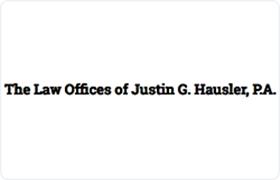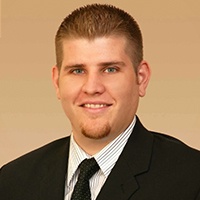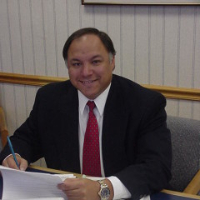Groveland Criminal Lawyer, Florida
Sponsored Law Firm
-
 x
x

Click For More Info:
-
The Law Offices of Justin G. Hausler, P.A.
5570 South US Highway 17-92 Casselberry, FL 32707» view mapCriminal Defense Because Your Case Matters
As a Former Prosecutor, Justin G. Hausler has a wealth of jury trial experience and offers representation regarding all misdemeanor and felony charges.
407-617-1064
Timothy David Lucero
✓ VERIFIEDAccident & Injury, Criminal, Estate
Timothy Lucero is a practicing lawyer in the state of Florida.
FREE CONSULTATION
CONTACTJames Vincent Modica
Family Law, Divorce & Family Law, Criminal, Business
Status: In Good Standing Licensed: 14 Years
James Patrick Kelly
Other, Criminal, Litigation, Federal Trial Practice
Status: In Good Standing Licensed: 9 Years
Paul Anthony Kelley
Workers' Compensation, Employee Rights, Criminal, Personal Injury
Status: In Good Standing Licensed: 37 Years
Lewis Robert Michael
Accident & Injury, Criminal, Lawsuit & Dispute, Real Estate
Status: In Good Standing Licensed: 38 Years
Paul Louie Militello
Credit & Debt, Trusts, Criminal, Bankruptcy
Status: In Good Standing Licensed: 32 Years
 Justin Hausler Casselberry, FL
Justin Hausler Casselberry, FL AboutThe Law Offices of Justin G. Hausler, P.A.
AboutThe Law Offices of Justin G. Hausler, P.A. Practice AreasExpertise
Practice AreasExpertise

